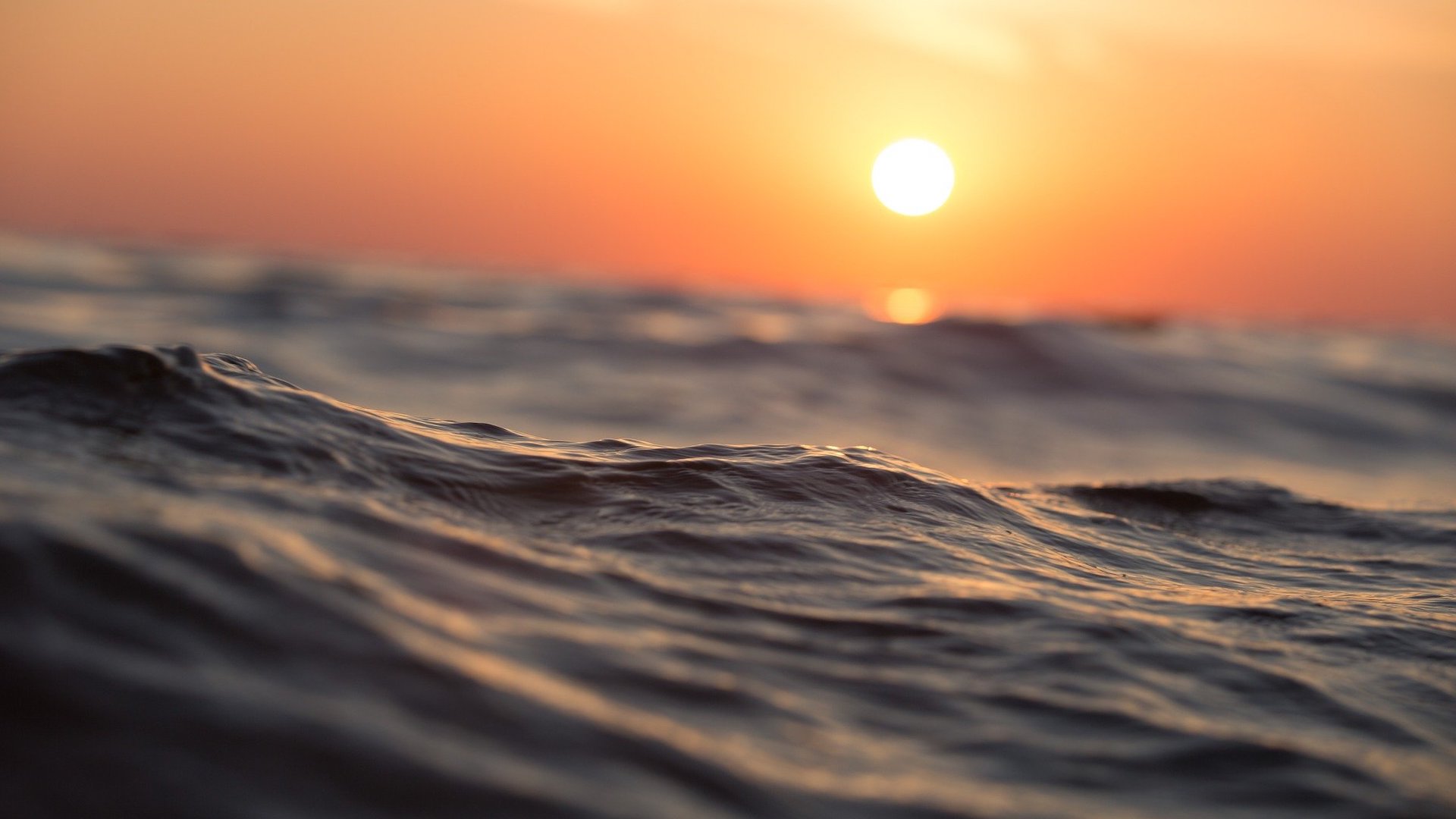In the report, researchers blamed deep-sea mining, overfishing, pollution and atmosphere-heating emissions for marine ecosystems reaching crisis point.
Rising temperatures melt sea ice which in turn slows ocean currents – which regulate the Earth’s climate – according to the International Union for Conservation of Nature. This will eventually stop them entirely, triggering more extreme temperatures and rendering large areas of land uninhabitable.
Countries in North West Europe are set to be hit hard by this. Disruption of this would mean severe, freezing winters in the UK, where the mild climate depends on the Gulf Stream.
Atmospheric carbon dioxide levels are at their highest in 800,000 years, according to the UN’s climate crisis body, and still rising.
Oceans have absorbed 93 per cent of the excess heat trapped by concentrated greenhouse gases, it added. Global sea temperatures reached their hottest point on record in the past five years.
“The ocean is the thermostat of the global climate system. It must be urgently prioritised for action,” SAS CEO Hugo Tagholm said.
“Ocean ecosystems are not only on the front line of the accelerating impacts of climate change but also can become the front line of slowing and reversing runaway global heating.”
Vital solutions to the climate crisis can be found in the ocean, according to researchers. They said seagrass meadows and kelp forests are key to locking carbon below the sea floor.
While rainforests’ ability to capture carbon has been a focal point of climate activism, the WWF said seagrass is up to 35 times more effective and absorbs 10 per cent of the ocean’s carbon each year.
But worsening conditions in the oceans are putting it at risk.
“The ocean provides us with a unique opportunity to remove human pressures and let nature do the heavy-lifting to combat climate change,” Tagholm said.
“Carbon-absorbing ecosystems can re-establish themselves to allow biodiversity to flourish and draw down carbon dioxide from the atmosphere.
“Business as usual has failed both people and planet. We’re now in a race against time to restore a thriving ocean, the life-support system we all depend on.
“We are in an ocean and climate emergency. We call on politicians to move from rhetoric to action, from statements to solutions. We don’t have any time left to waste.”
SAS research found 99 per cent of respondents didn’t believe the Government was doing enough to protect the oceans. A new petition launched by the charity demanding ministers put the seas at the centre of COP26 discussions in November has already amassed nearly 10,500 signatures.
If you haven’t done so already, write to your MP, via the draft email on our website todayfortomorrow.org.uk to ask him or her to attend one of the five-minute sessions with young people during Wellbeing Week.









